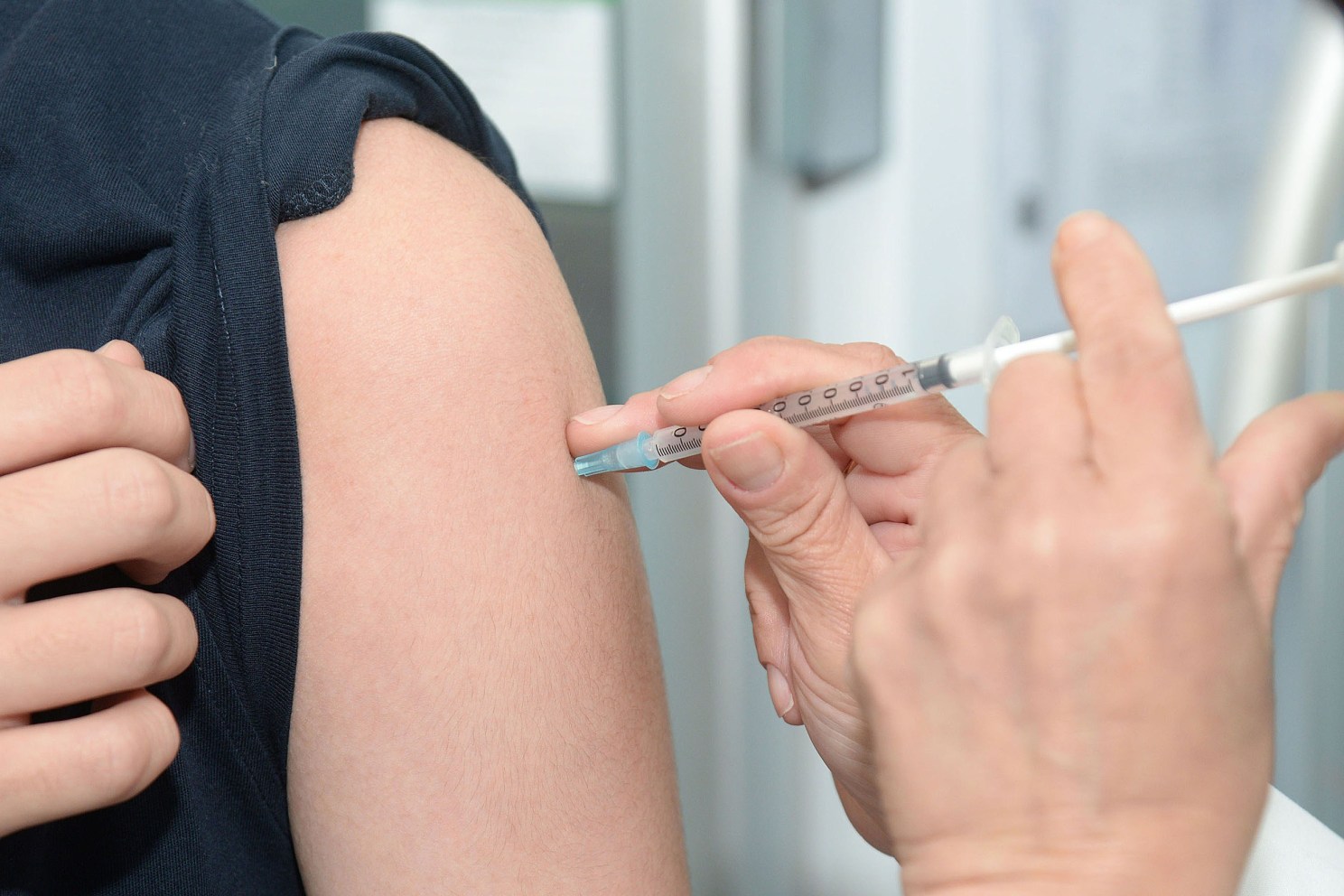A letter signed by 130 faculty members, postdocs, students and staff members of Harvard T.H. Chan School of Public Health urged Massachusetts lawmakers to pass proposed legislation aimed at tightening restrictions for vaccine exemptions in order to improve vaccination rates among children and ensure community protection throughout the state.
The letter was spearheaded by Michael Mina, assistant professor of epidemiology, as well as members of the School’s Center for Communicable Disease Dynamics, and was submitted as testimony in support of two bills.
The letter’s primary objective was to emphasize the importance of vaccines in preventing or diminishing potentially deadly infectious disease, according to Mina. It noted that vaccines are currently the “safest and most effective way to protect ourselves and children against infectious diseases.”
In addition, because the bills were proposed in response to growing vaccine hesitancy resulting in large part from vaccine misinformation, the letter also noted that there is no scientific evidence that any vaccines cause autism or other long-term side effects, nor is there any support for delaying vaccine schedules.
The letter emphasized that ensuring the highest possible vaccination rate is key to achieving community protection. “When vaccination rates decline, community immunity is lost, leading to outbreaks of diseases. This places our most vulnerable members of society including young children, elderly, and pregnant women, among others, at unnecessarily high risk for disease,” the letter said.
Additionally, Mina and Carmen Messerlian, assistant professor of environmental reproductive, perinatal and pediatric epidemiology, submitted in-person testimony at the Massachusetts State House on Dec. 3, 2019, urging lawmakers to pass the bills. The testimony highlighted the growing threat of measles worldwide, including the risk of “immunological amnesia” — when measles wipes out the immune system’s memory of previous illnesses, making those who recover susceptible to infections they may have been protected from before contracting the virus. Mina and Messerlian also noted that the effects of climate change and exposure to environmental pollutants weaken the immune system and decrease vaccine efficacy in young children, respectively.
“As a society and as a state, we must respond to, adapt, and prepare for these changes,” Messerlian’s testimony said.






